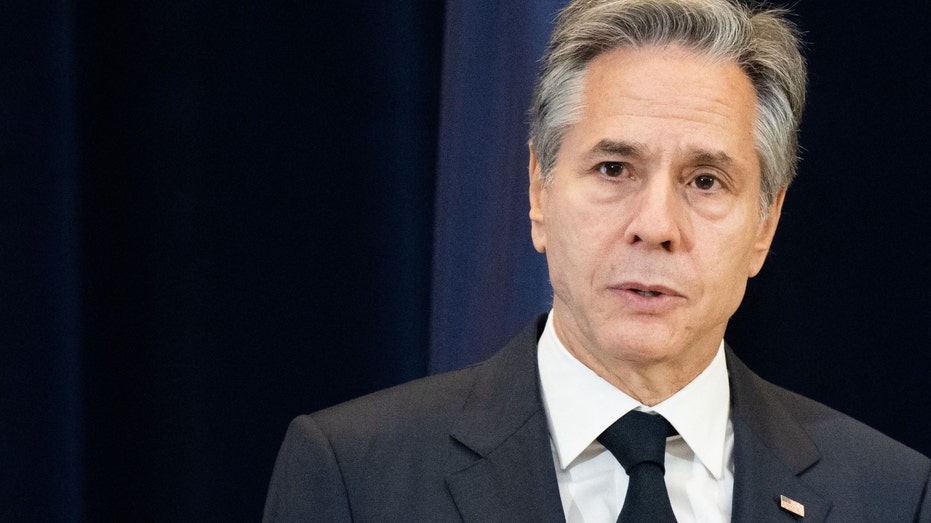The Biden administration has struck a deal with Iran to swap prisoners and release $6 billion in frozen Iranian funds.
Per the deal, Iran will release five American citizens detained in Iran and the U.S. release five Iranian citizens being held in the U.S.
The deal creates a blanket waiver to transfer $6 billion in frozen Iranian money from South Korea to Qatar without fear of violating U.S. sanctions. No money is going directly to Iran and no U.S. taxpayer funds are being used.
The United States classifies Iran as a state sponsor of terrorism.
Secretary of State Antony Blinken signed off on the deal late last week, but Congress was not notified of the decision until Monday, the 22nd anniversary of the 9/11 terrorist attacks, according to the notification, which was obtained by The Associated Press.
US SEIZED NEARLY 1 MILLION BARRELS OF IRANIAN OIL BEING SMUGGLED TO CHINA
The transfer of the $6 billion was the critical element in the prisoner release deal, which saw four of the five American detainees transferred from Iranian jails into house arrest last month. The fifth detainee had already been under house arrest.
Due to numerous U.S. sanctions on foreign banks that engage in transactions aimed at benefiting Iran, several European countries had balked at participating in the transfer. Blinken’s waiver is aimed at easing their concerns about any risk of U.S. sanctions.
National Security Council Spokesperson Adrienne Watson said Secretary Blinken undertook a procedural step last week “to ensure Iranian funds could move from one restricted account to another and remain restricted to humanitarian trade.”
“As we have said from the outset, what is being pursued here is an arrangement wherein we secure the release of 5 wrongfully held Americans. This remains a sensitive and ongoing process,” Watson said.
“While this is a step in the process, no individuals have been or will be released into U.S. custody this week. We have kept Congress extensively informed from the outset of this process – long before today – and we will continue to do so, including with additional already scheduled briefings this week.”
The deal has garnered some criticism. Behnam Ben Taleblu, a senior fellow at the Foundation for Defense of Democracies who focuses on Iranian security, argued that releasing the funds “will only feed Tehran’s appetite to keep taking hostages.”
“And as the case of the recently revealed Swedish diplomat illustrates, dual-nationals and foreign citizens are not the only targets. Tehran even intends to extort foreign government officials!” he said.
UN NUCLEAR WATCHDOG SAYS ‘NO PROGRESS’ HAS BEEN MADE IN MONITORING IRANIAN NUCLEAR PROGRAM: REPORT
“Indeed, the Islamic Republic showcased for the world a willingness to take hostages less than a year since its inception. Worse, freeing-up the $6 billion forgets why it was frozen in the first place. Even the Obama administration, who signed sanctions bills into law creating those escrow accounts, did not trust Iran to stop funding its nuclear or military programs using oil money.”
Sen. Joni Ernst, R-Iowa, argued that the $6 billion “payout” will go to the Islamic Revolutionary Guard Corps and its proxies.
“This will only greenlight Iran’s illicit actions and encourage further hostage ‘diplomacy,’” Ernest argued. “Biden’s failed strategy of appeasement must end.”
























